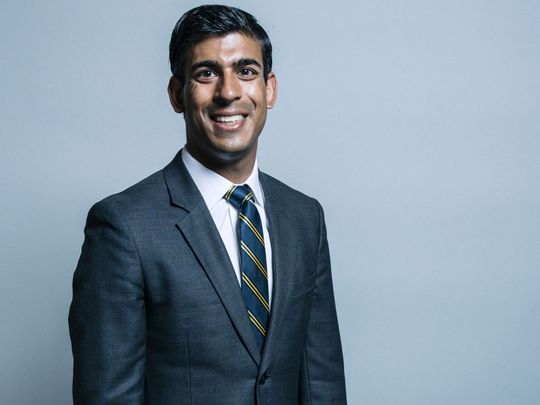
London: Chancellor of the Exchequer Rishi Sunak put cutting the UK tax burden at the top of his agenda as he seeks to change the narrative of his tenure in charge of the country’s finances.
“My priority going forwards is to cut taxes,” Sunak said at the Conservative Party’s spring conference in Blackpool on Friday, noting that a change he made in October to the benefits system was ‘just the start’ of those efforts. “My plan over the course of this parliament is to keep cutting taxes, get the tax burden down.”
The chancellor’s remarks reflect the pressure he’s under from his own party’s Members of Parliament to reduce taxation having put it on track it to its highest level since the 1950s in the wake of the coronavirus pandemic. He’s due on Wednesday to deliver a spring statement taking stock of the economy. He promised he’ll also us it to provide “a little bit of a look forward as to where we’re heading.”
With taxation and energy bills for ordinary Britons set to ratchet up next month, Sunak has also been urged by politicians of all stripes, as well as business and consumer groups, to use next week’s statement to announce measures to alleviate a growing cost-of-living crisis that’s only been worsened by the Russian attack on Ukraine.
Double digit inflation
Despite warnings by some economists that UK inflation may hit double digits later this year, up from a three-decade high of 5.5 per cent, Sunak has repeatedly said he’ll push ahead with a 12-billion-pound ($16 billion) national insurance hike on April 6 to fund health and social care. He’s also hit Britons with a freeze on income tax thresholds, which the Institute for Fiscal Studies has described as a 20.5 billion-pound stealth tax.
But the chancellor now has some leeway to respond to the squeeze on living standards at his spring statement because UK government borrowing came in below official forecasts for the first nine months of the fiscal year.












